We may earn money or products from the companies mentioned in this post. This means if you click on the link and purchase the item, I will receive a small commission at no extra cost to you ... you're just helping re-supply our family's travel fund.

Hawaii. The name itself conjures images of pristine beaches, lush rainforests, and vibrant culture. You dream of sun-kissed days and tranquil evenings, a perfect escape. But beneath the surface of this paradise lies a deeply rooted respect for the land, ocean, and traditions that visitors often unknowingly overlook. What seems like harmless curiosity or casual enjoyment could, in fact, cause harm or disrespect, leading to trouble you never anticipated. To truly embrace the spirit of Aloha, understanding these subtle but crucial local nuances is paramount for a respectful and unforgettable journey.
1. Disregarding Ocean Safety Signs
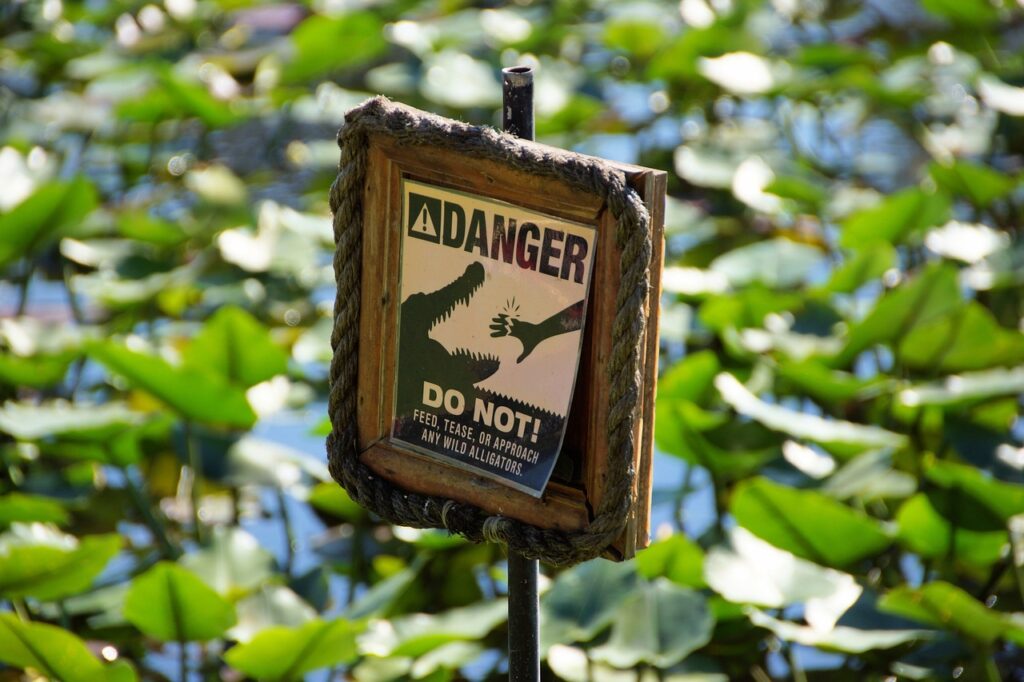
You might see locals effortlessly navigating waves and assume the ocean is always calm. However, Hawaii’s ocean conditions are incredibly dynamic, with powerful currents and rogue waves. Ignoring warning signs like “Strong Current” or “High Surf” is a common, yet potentially deadly, mistake. These signs are placed by experienced lifeguards who understand the ocean’s true power, and disregarding them puts both your life and potential rescuers at risk. Always take these warnings seriously for your safety.
2. Touching Marine Wildlife
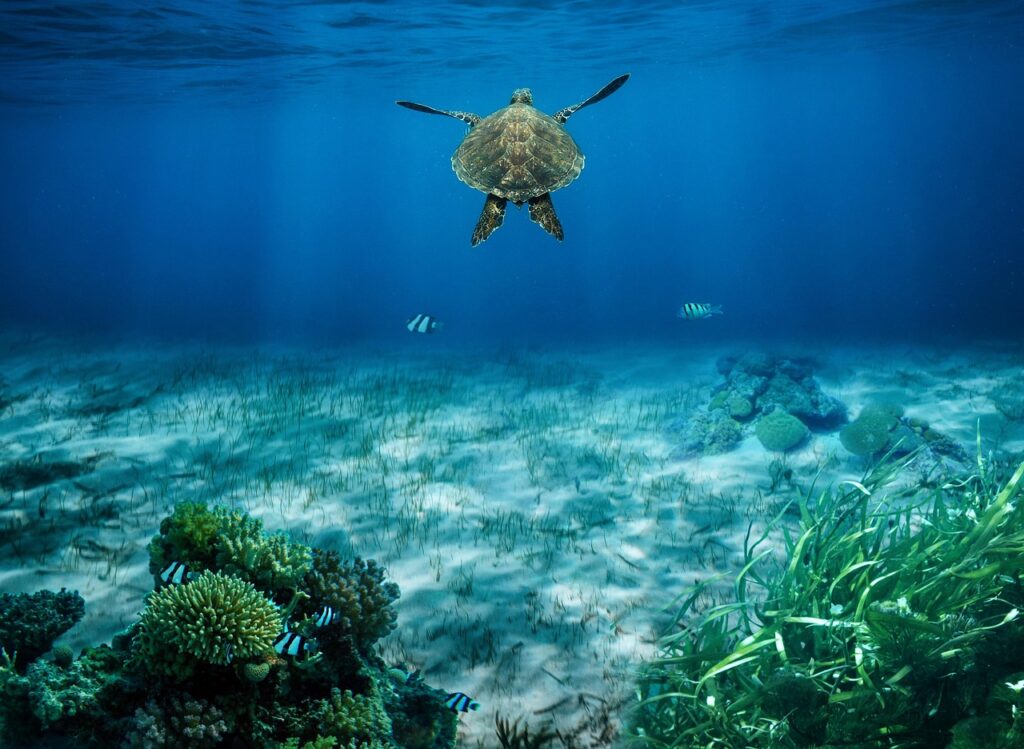
Encountering a majestic sea turtle (honu) or a rare monk seal in Hawaii’s waters is truly magical. It’s natural to want to get closer. But approaching or touching any marine wildlife is strictly illegal under state and federal laws, carrying significant fines. These animals are federally protected, and human interaction can cause profound stress or expose them to harmful bacteria. Always keep a respectful distance and observe from afar to protect these vulnerable and cherished creatures.
3. Taking Lava Rocks or Sand
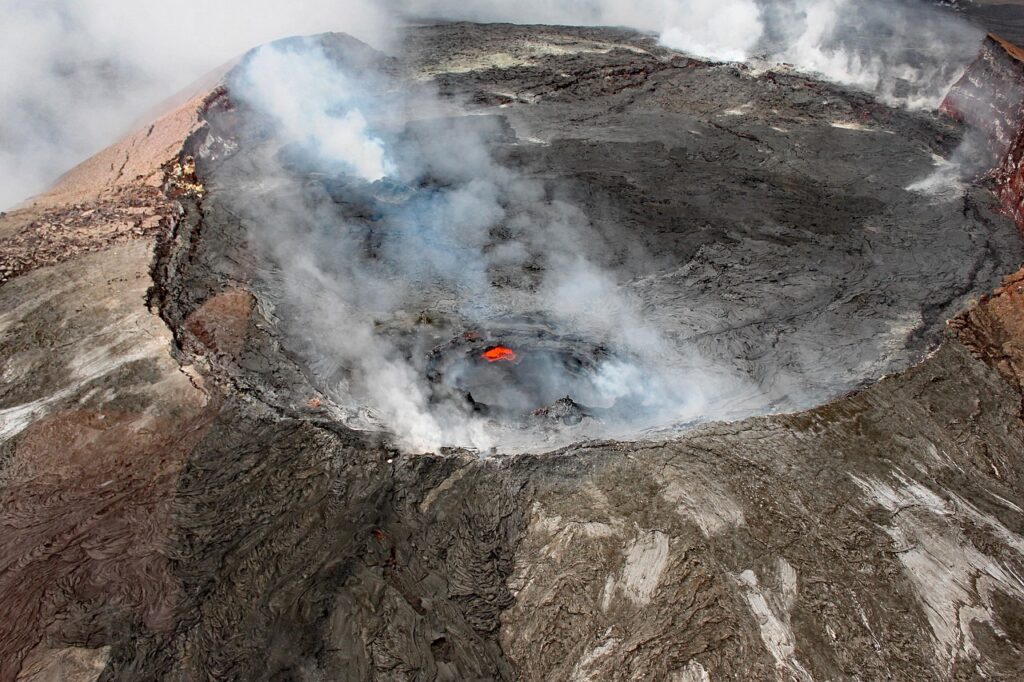
You might be tempted to take a small piece of volcanic rock or a handful of black sand as a souvenir. This seemingly innocent act is not only illegal but also deeply disrespectful to Hawaiian culture and the goddess Pele. Beyond the cultural taboo, removing these natural elements contributes to significant erosion and environmental degradation, diminishing the islands’ unique beauty. Leave all natural formations exactly as you found them, preserving them for future generations.
4. Walking on Coral Reefs
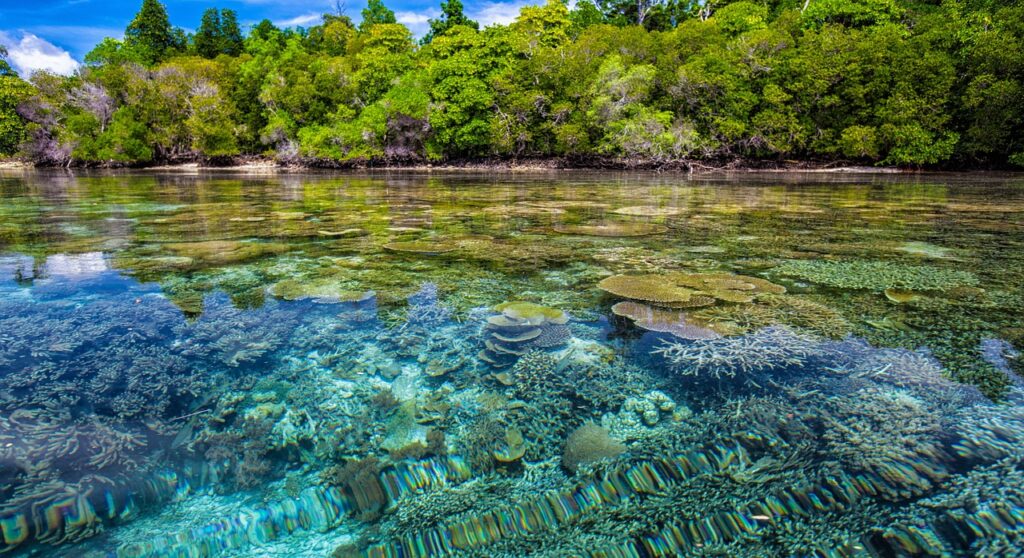
Hawaii’s vibrant coral reefs are living, incredibly fragile ecosystems taking hundreds of years to grow. When snorkeling, you might accidentally step on or stand on coral. However, even the lightest touch can damage or kill delicate coral polyps, impacting the entire reef’s health and its ability to support marine life. Always maintain neutral buoyancy and consciously avoid any contact with the reef structure. Float above this precious, living wonder to keep it thriving.
5. Feeding Wild Animals (Especially Pigs or Chickens)
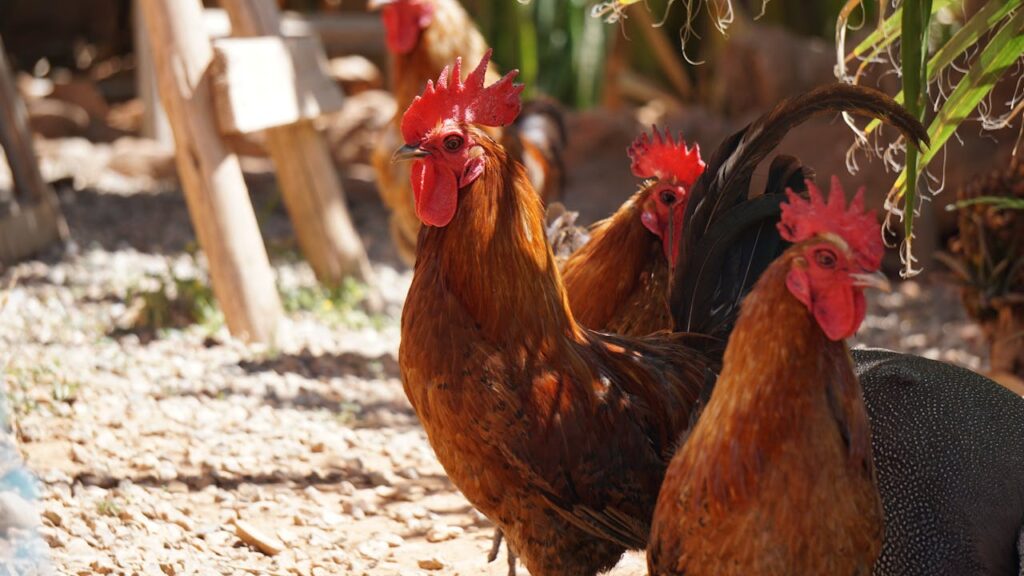
You might encounter wild pigs or chickens and think offering them food is a kind gesture. However, feeding wild animals profoundly disrupts their natural foraging behaviors, makes them unnaturally dependent on humans, and can unfortunately lead to aggressive encounters. Providing them with human food can also introduce unhealthy diets or diseases. Keep wildlife wild by strictly never offering them food, no matter how cute or hungry they appear.
6. Hiking Off Marked Trails
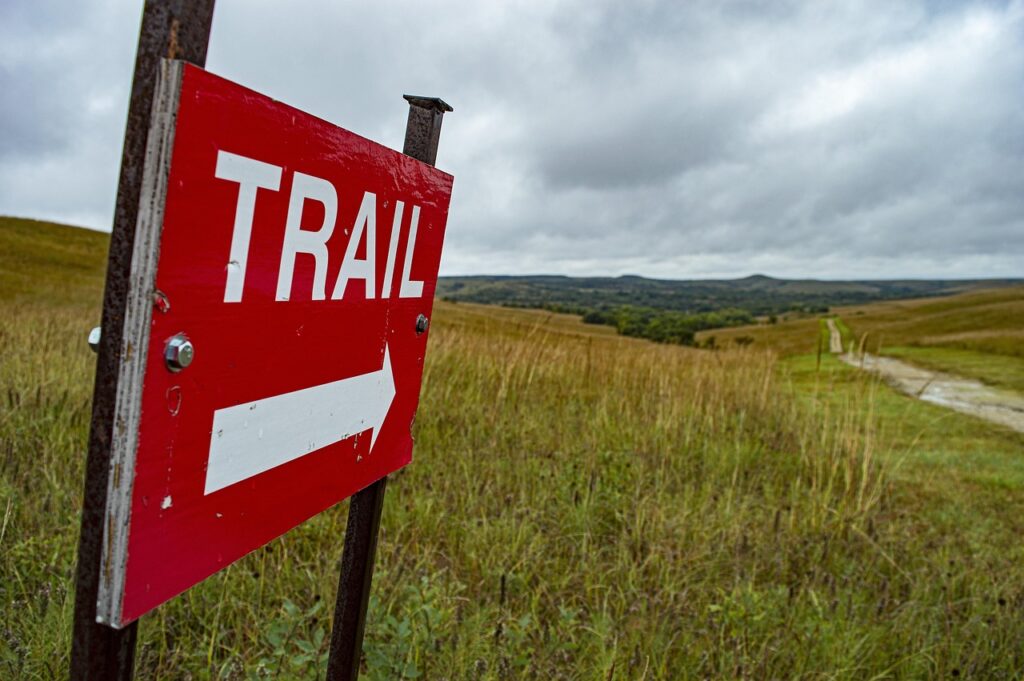
Hawaii’s lush landscapes offer tempting opportunities for off-trail exploration. You might see a faint path or think you know a shortcut. However, venturing off marked and maintained trails can lead to severe consequences. You risk getting lost, encountering hazardous terrain, and potentially trespassing on private or sacred lands. Stick to designated paths to ensure your safety, protect fragile ecosystems, and respectfully honor land ownership.
7. Ignoring “Kapu” (Taboo) Signs
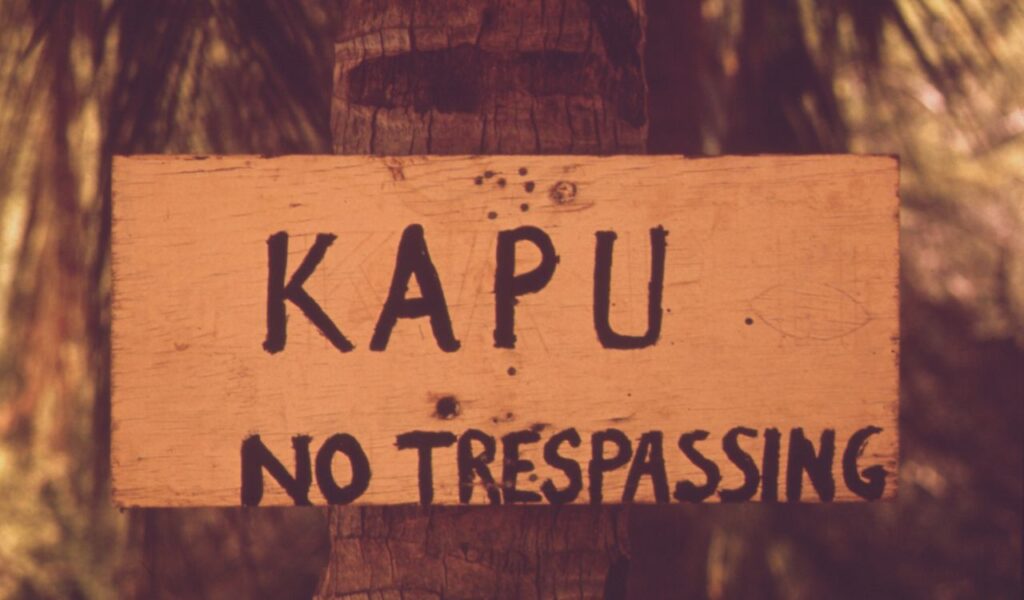
You may encounter signs marked “Kapu” in various locations, particularly near historical sites or ancient temples (heiau). This Hawaiian word means “forbidden” or “sacred,” signifying the area is off-limits or requires specific respectful behavior. Ignoring a Kapu sign is a profound act of disrespect to local culture, ancient traditions, and spiritual beliefs, and can lead to legal penalties for trespassing or desecration. Always pay close attention to these signs.
8. Littering, Even Small Items
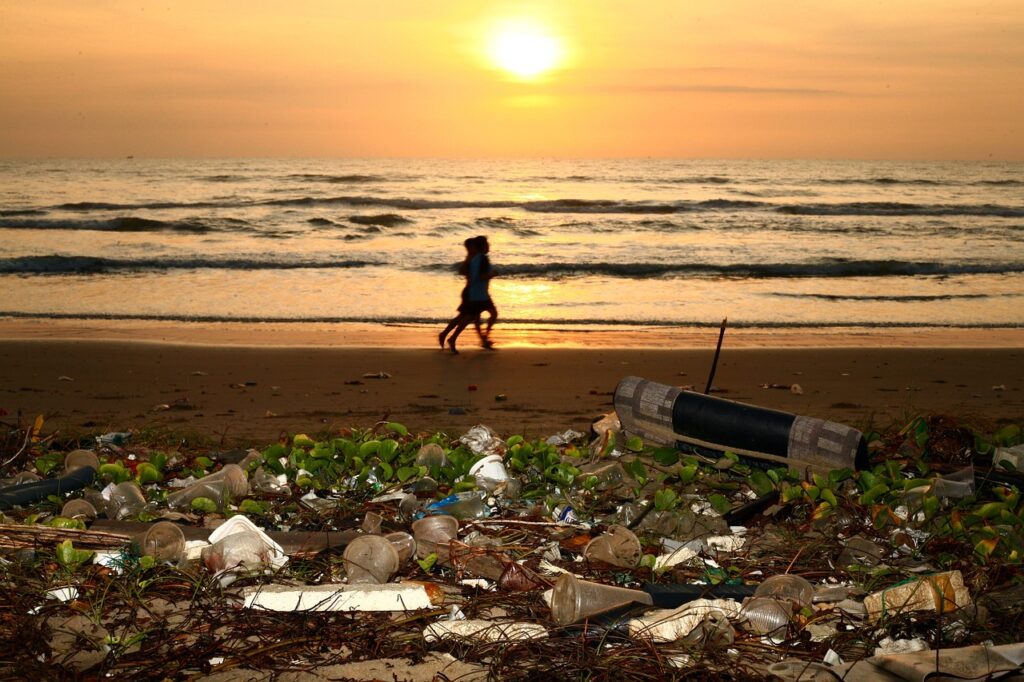
Dropping a candy wrapper or a cigarette butt might seem like a small oversight. However, littering in Hawaii is not only unsightly but also highly illegal and profoundly harmful to the delicate local ecosystem. Plastic waste can end up in the ocean, harming marine life, while food scraps can attract invasive species. Always carry out everything you carry in, dispose of all waste properly, and commit to leaving no trace behind. Help keep paradise truly pristine.
9. Disrespecting Local Residents and Their Space
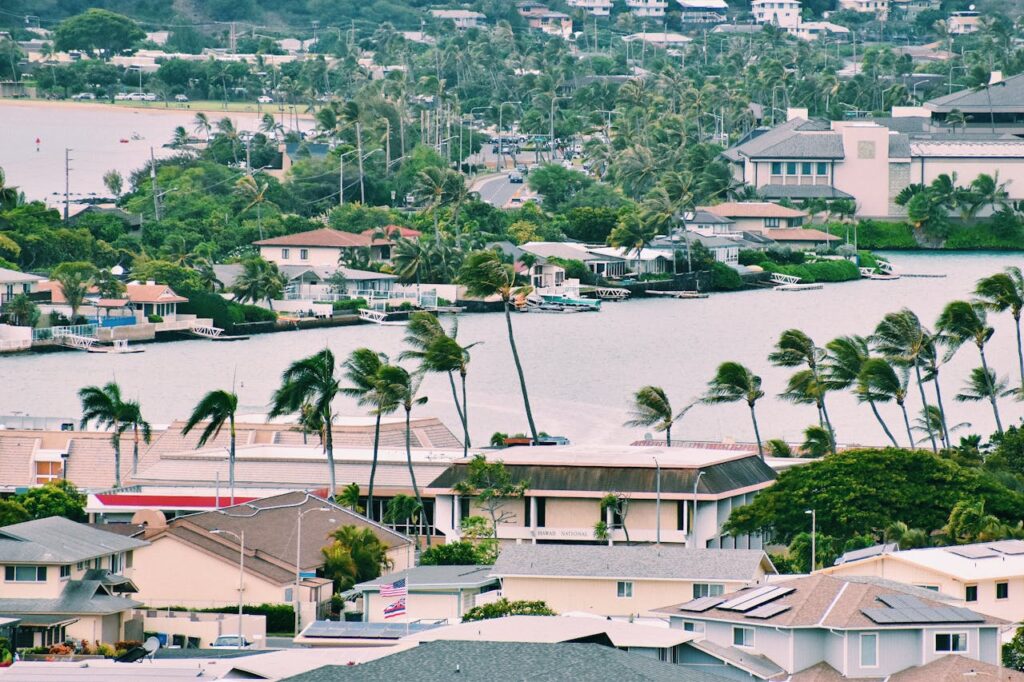
Hawaii is a tight-knit community, and demonstrating respectful behavior toward local residents is paramount. This includes consciously avoiding excessive noise in residential areas, especially at night, and refraining from loud, boisterous behavior in public spaces. Remember that locals are not props for your vacation photos; always ask for explicit permission before photographing individuals. Treat their home as you would want your own home to be treated.
10. Driving Slowly to Gawk at Scenery (Rubbernecking)

You’ll be captivated by Hawaii’s stunning roadside scenery. It’s tempting to slow down significantly or even stop abruptly in the middle of the road. However, “rubbernecking” creates dangerous traffic hazards on often narrow and winding roads. This can severely frustrate locals trying to commute, lead to preventable accidents, and is considered deeply disrespectful to other drivers. Always pull over safely into a designated scenic viewpoint if you want to admire the view or take photos.
11. Assuming Every Beach is Public Access
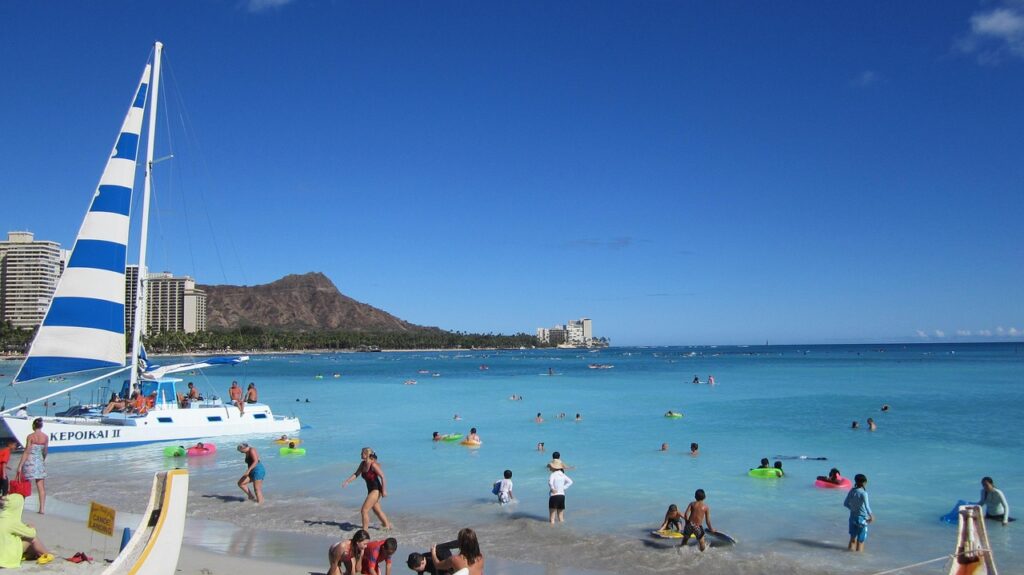
While a significant portion of Hawaii’s stunning beaches are public by law, gaining access to them can sometimes involve crossing private land. You might unknowingly trespass by using a path that isn’t a clearly designated public access point. Always look for clear public access signs and pathways, and consciously avoid attempting to cross private property, no matter how convenient a shortcut it might seem. Respecting established property lines ensures you stay out of trouble.
12. Using Non-Reef-Safe Sunscreen
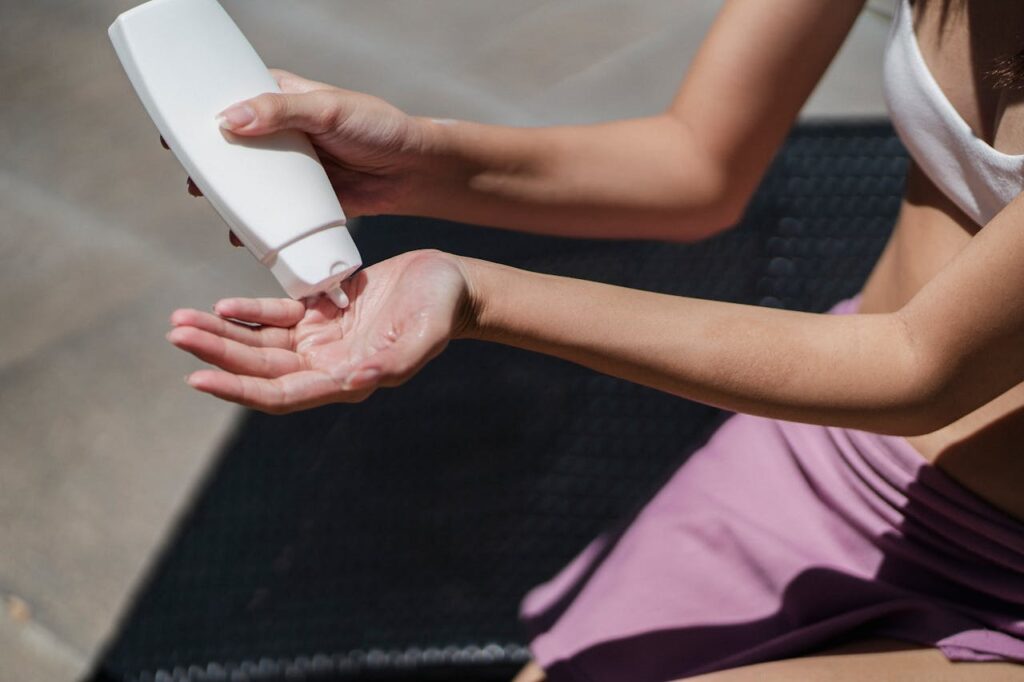
Hawaii’s clear, warm waters are home to incredibly delicate coral reefs, vital to the ocean’s health. Many common sunscreens contain chemicals like oxybenzone and octinoxate that are highly toxic to coral, causing devastating bleaching. Using these harmful products is now illegal in Hawaii. Always choose mineral-based sunscreens containing non-nano zinc oxide or titanium dioxide. Protect yourself while crucially protecting the reef by opting for “reef-safe” products to ensure the marine environment can continue to thrive.
13. Harassing or Disturbing Birds
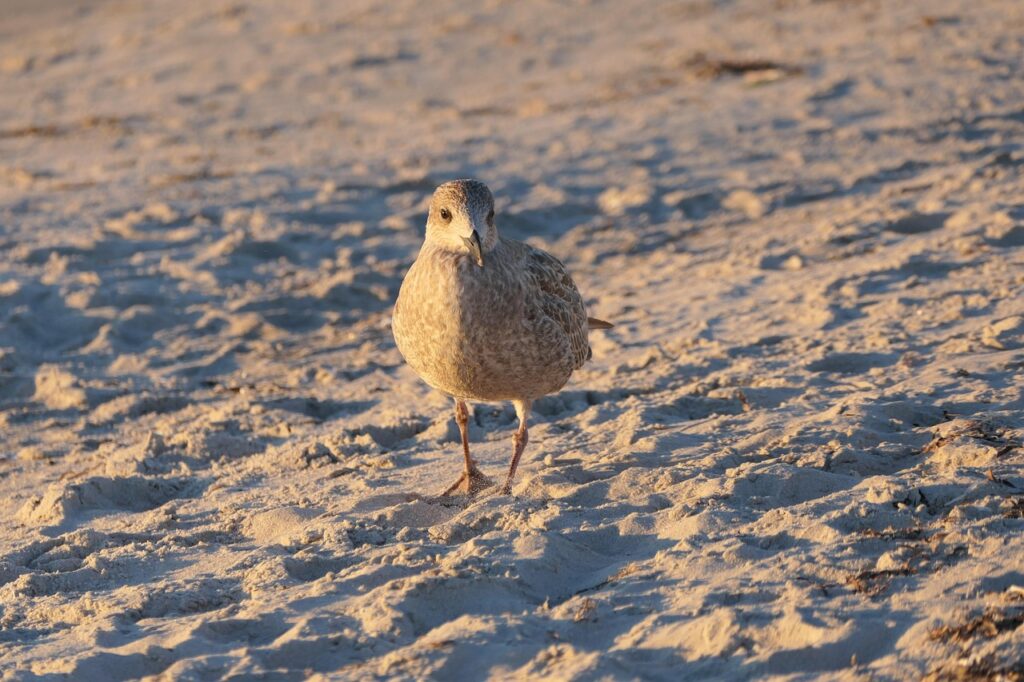
Hawaii is a unique sanctuary for numerous unique and often critically endangered native bird species. You might spot a beautiful bird and instinctively try to get its attention or lure it closer for a photo. However, intentionally disturbing birds, especially during nesting or feeding seasons, can profoundly disrupt their natural behaviors, cause immense stress, and severely impact their survival. Observe all birds quietly and from a respectful distance, refraining from any actions that could startle or harass them.
14. Neglecting Fire Safety in Dry Areas
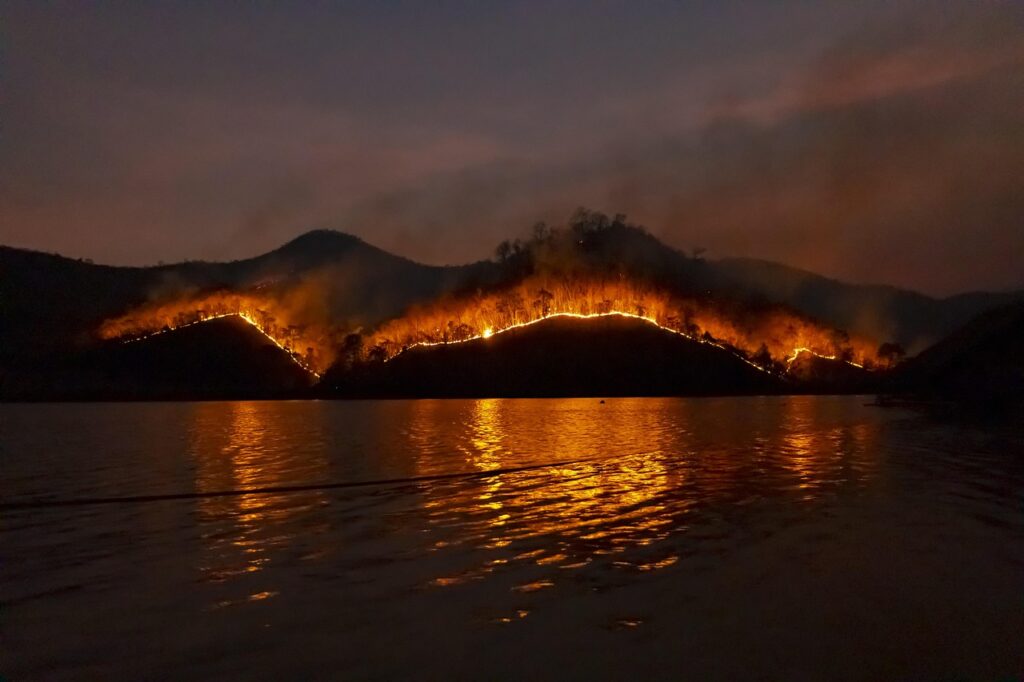
While parts of Hawaii are lush, many areas, particularly during dry seasons, are highly susceptible to devastating wildfires. You might carelessly discard a cigarette butt, fail to fully extinguish a small campfire, or use a portable grill in an unauthorized area. These seemingly small actions can rapidly spark devastating fires that threaten homes, destroy irreplaceable natural habitats, and tragically endanger lives. Always be acutely aware of the fire risk, observe all fire bans, and ensure any flames are completely out.